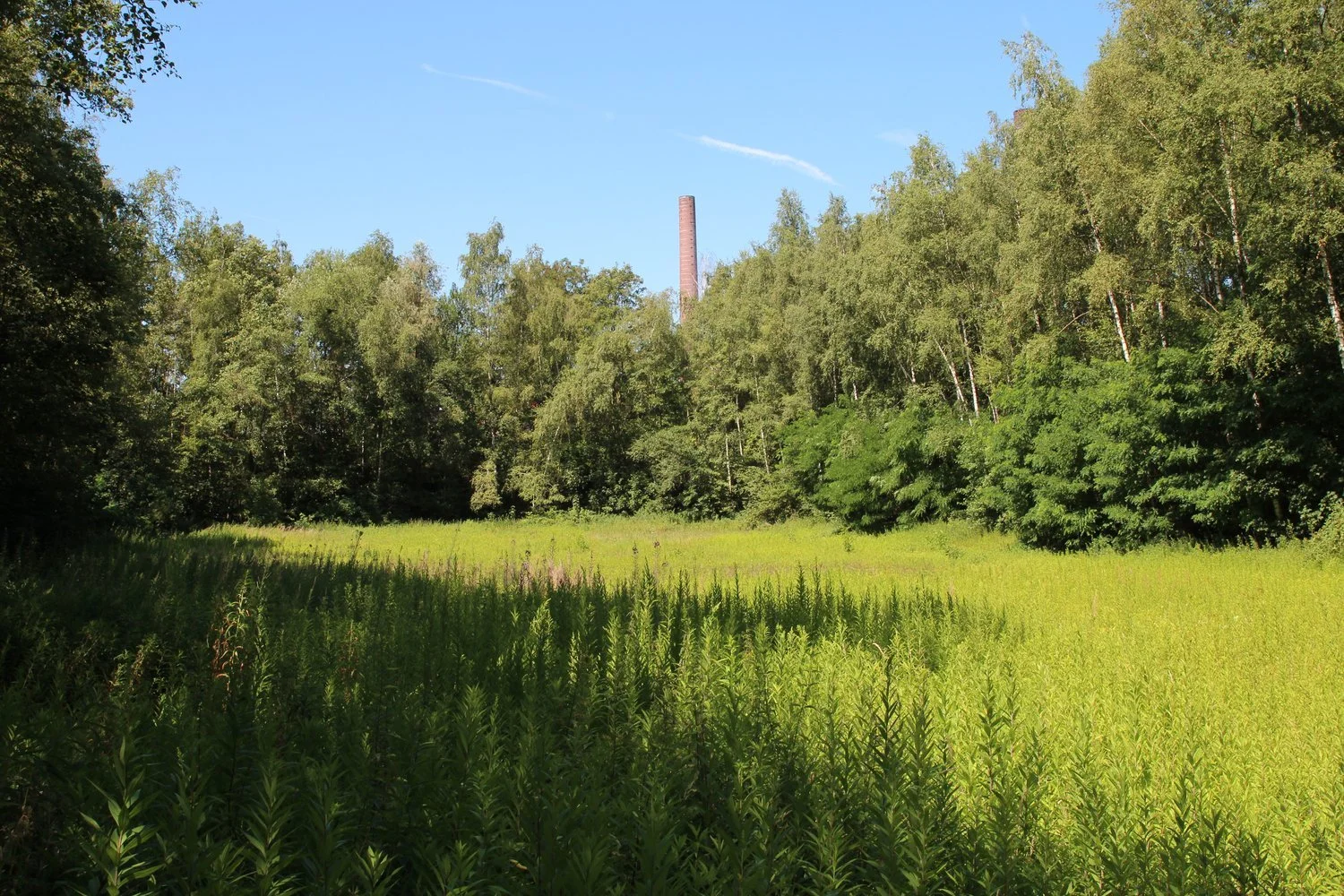
Case studies
Working with stakeholders at eight sites across Europe, we are gathering first-hand information on rewilding solutions for nature and people.
Our case study locations
The research on our case study sites is taking place across a mixture of urban, peri-urban and rural landscapes, in areas where rewilding is already being carried out locally either as an unintentional consequence of land use changes or as an outcome of active conservation management, as well as in areas where commercial enterprises are testing innovative restoration solutions to combining carbon sequestration with biodiversity support.
Our outputs
From our case studies, we will produce reports to effectively:
Document rewilding actions, assess their enablers and constraints, and analyse rewilding outcomes for mitigating and adapting to climate change and enhancing biodiversity.
Assess the impact of rewilding for the resilience of landscapes to climate-linked disturbances, and provide a catalogue of intervention actions for enhancing it.
Analyse rewilding politics in terms of institutions, interests, perceptions, conflicts and their management.
Quantify and compare stakeholder-specific costs of local rewilding interventions.
Estimate and compare societal benefits (including economic values) of rewilding.
Through consistent local stakeholder engagement, we will be able to understand the degree of climate-smart rewilding in terms of mitigating and adapting to climate change, biodiversity support, and benefits to local livelihoods.

Subscribe to our newsletter
Sign up to our mailing list to be the first to receive news and updates about the wildE project.








